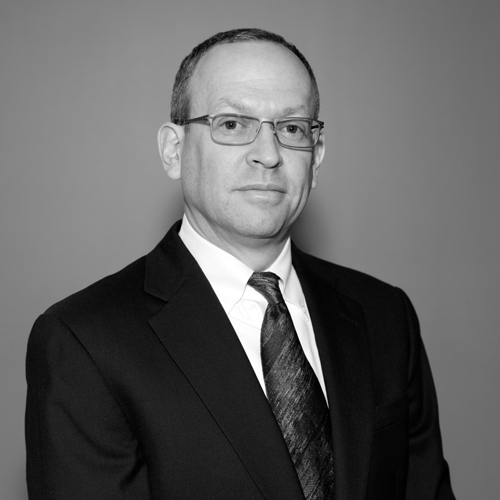At some point in their careers, many lawyers have the urge to switch from private practice to an in-house team. For Jean Weng, the opportunity came just after she helped Voya Financial become a standalone company. She was part of Voya’s outside legal team at Davis Polk and Wardwell (DPW) and worked closely with Voya as it emerged, but her perspective was always that of an outsider.
Toward the end of her tenure at DPW, she represented such high-profile clients as Morgan Stanley and Ally Financial, which gave her the experience she needed to make the move in-house. She was the lead attorney to the underwriters for Voya’s 2013 IPO in which Voya, then known as ING U.S., separated from its Amsterdam-based parent, ING Group, as its own corporate entity.
Weng got to know the company in 2012, when she focused on corporate governance and capital markets transactions at DPW. The majority of her time was spent on transactions representing underwriters. As a subsidiary, Voya didn’t have any capital resources of its own, and Weng was involved in the company’s first debt offering before the IPO to raise independent funding.
Weng was instrumental in describing the three-year trajectory of the IPO and the return on investment, which Voya achieved this year. “It’s unusual to put forth such forward-looking statements in an offering document,” says Weng, but the company wanted to be clear about its plans to improve value and drive greater profitability in its businesses.
The IPO was successful, and Voya’s new management had enjoyed working with Weng throughout the process. Shortly after the transaction, Voya successfully recruited her to join its newly expanded legal team. “I developed very deep relationships with a lot of the folks here,” says Weng.
In February 2015, Weng was named senior vice president, deputy general counsel, and corporate secretary. One month later, she advised the board on the repurchase of ING’s remaining 19 percent stake in the company—the final sale by ING of Voya common stock, which marked Voya’s transformation from a fully owned European subsidiary to a fully independent US company.
One of Weng’s many roles in Voya’s journey and transformation was to help prepare the company for its new brand identity. She helped broker the agreement with ING to establish an image that would be distinct. The name Voya was introduced just before the IPO, when the company established its NYSE ticker as “VOYA.”
ING has been known by its orange lion for decades, and while Voya uses orange in its new logo, there is no imagery; the logo is the company’s name. Voya was founded to help Americans ready themselves for retirement, which the company believes is both an emotional and financial journey. The name and logo are intended to invoke the idea of the journey that all Americans take to and through retirement.
Now that the dust has settled, Weng’s focus has shifted from a transactional emphasis to an organizational one. It’s been an opportunity for Voya to assert its identity both to the public and internally. As corporate secretary, Weng helps set the tone of Voya’s company culture. Her first responsibility is to support the board by preparing materials and setting the agenda for their meetings, keeping them abreast of strategic decisions made by senior management, and making them aware of emerging trends in corporate governance.
With ING’s divestment, Voya’s board is fully independent with no director designated by ING, making Weng’s role even more essential. “We’ve experienced a lot of firsts,” she says. “We’ve had our first shareholders meeting, our first shareholder’s proposal, first proxy season.” Already, cutting-edge practices have been implemented. For example, Voya held its annual shareholders meeting virtually to allow more shareholders to participate.
Weng worked extensively in the realm of corporate governance during her years at DPW but continues to update her knowledge and transmit those ideas to the board. She has attended corporate governance seminars and courses to absorb as much information and insight as possible. “Now is the best time to do it, since the company is fairly new as a publicly listed entity,” she says. “With a newly public company, there are a lot of opportunities to institute best practices.”

